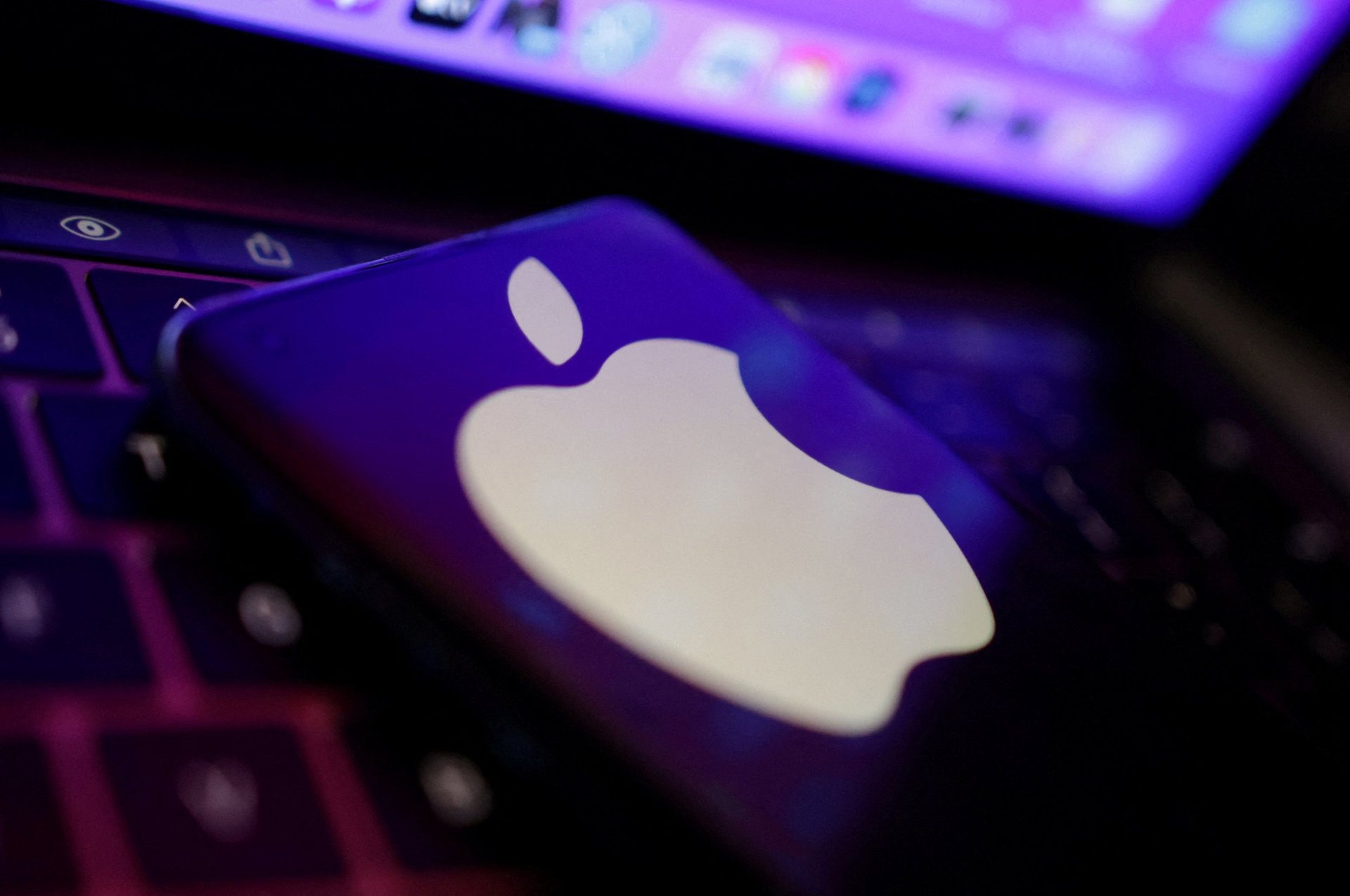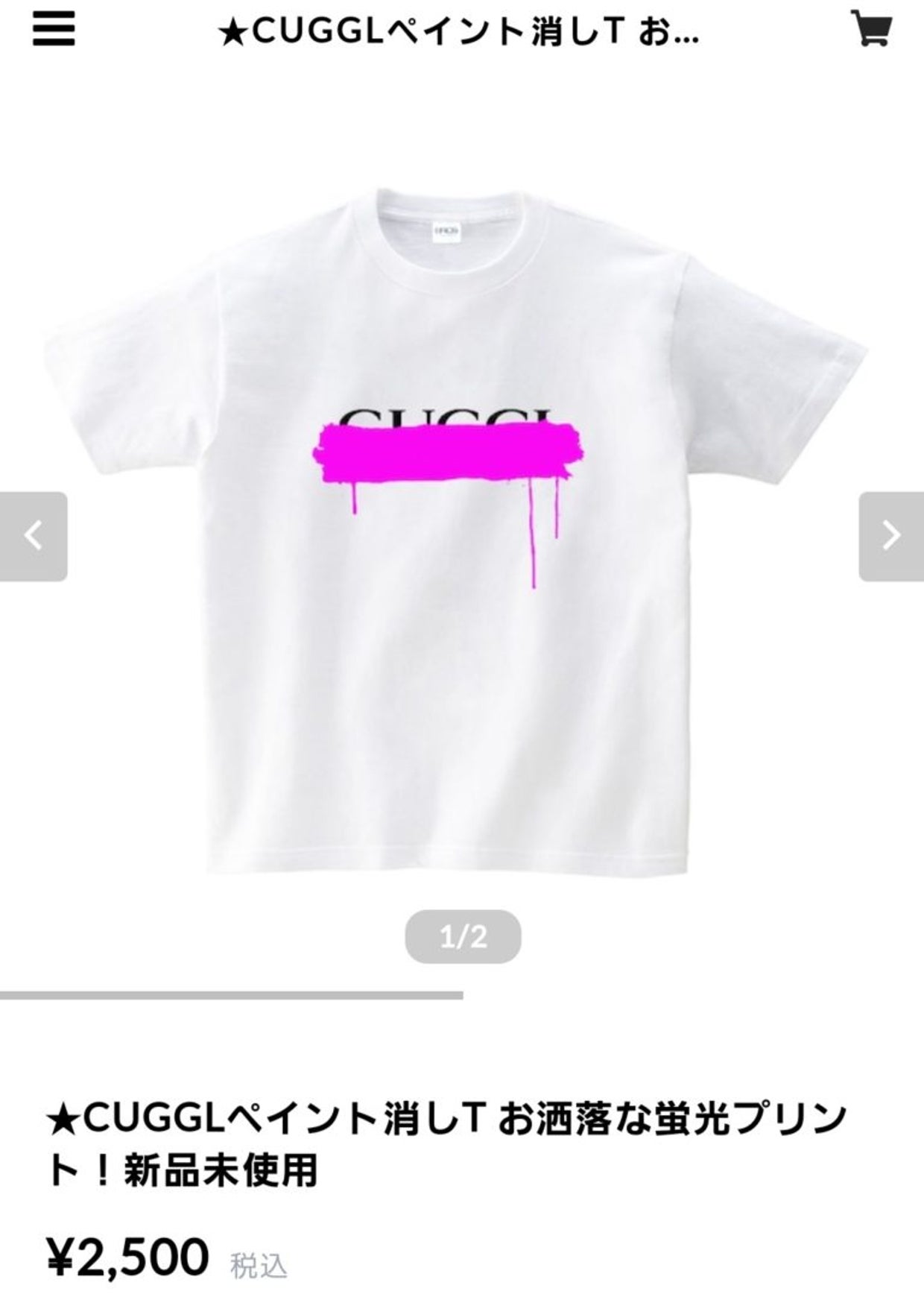🌍 Apple branches to India
Plus: Consider a van down by the river

Good morning, Quartz readers!
Here’s what you need to know
Apple is narrowing the iPhone assembly gap between India and China. It’s another move meant to diversify the tech company’s supply chain.
A whistleblower’s report against Twitter fueled Elon Musk’s fire. Peiter Zatko’s complaint appears to support some of the billionaire’s reasons for wanting out of the $44 billion takeover bid.
The strike at UK’s Felixstowe port could cost $4.7 billion in trade delays. Workers staged an eight-day walkout after rejecting a pay raise of 8%, which is below inflation.
Shanghai’s iconic skyline dimmed its lights. The financial hub went dark to save energy as record heat caused a power shortage.
Gautam Adani bid for a controlling stake in an Indian media company. The billionaire offered a total 6.07 billion rupees ($76 million), but a report from Fitch Group unit CreditSights warned his empire is already “deeply overleveraged.”
Ukraine kickstarted its soccer league. The first matches to take place since Russia’s invasion six months ago will be played behind closed doors and under heavy security.
What to watch for
Today, the US National Association of Realtors will release its pending home sales index for July. The index tracks home sale contracts that haven’t been finalized yet, and will provide more details on just how much the pandemic’s voracious demand for housing has waned.
Last month, sales of new homes plummeted by nearly 13% from June. But that doesn’t necessarily mean buying a home is becoming more affordable. In fact, the median price for a new house was $439,400 in July, compared with $402,400 in June. The reason why prices remain high despite lower demand is that there’s simply not enough houses in the US. And with a housing shortage, the budgets of the wealthy set the price.
Mortgage rates are still up and house affordability dropped to a 33-year low in June, so there’s never been a better time to consider a van down by the river.
Don’t call it a knockoff
If you’re looking for a side gig—perhaps to save for an even better van down by the river—have you considered parodying an iconic fashion brand? Last year, Nobuaki Kurokawa was granted a trademark to use the seemingly innocuous brand name CUGGL on apparel in Japan. But when the mark made its fashion debut, only half of it was visible:

Think this looks familiar? Italian fashion house Gucci did, too, and tried to get the trademark canceled on the grounds that it devalued its own trademark and brand. The Japan Patent Office, which tends to assume that the public knows how to recognize parody, dismissed Gucci’s claim. It was a surprising win for intellectual-property progressives who argue that companies have distorted the law to block harmless parodies and other remixes of their brands.
Kurokawa’s certainly banking on the public’s ability to recognize satire, as his other successful trademark applications indicate.
The murky waters of tonnage taxes
Despite reporting record-breaking profits during the pandemic, some huge EU shipping lines are paying virtually no taxes.
How did this happen? We can thank a special system called tonnage taxing, which taxes shipping lines based on the size of their fleets and not their profits. While it was a good deal for the government when earnings were choppy, it hasn’t held up well against a bullwhip effect that has sent freight prices, and shipping profits, soaring.
✦ Love explainers like these? Member support helps keep Quartz stories free and accessible to all. Sign up today and take 40% off when you do!
Surprising discoveries
The University of Texas makes $6 million a day from oilfields. The college is close to surpassing Harvard University in endowment size.
A dried-up Serbian stretch of the Danube revealed dozens of WWII ships. The Nazi vessels are still laden with ammunitions that pose a risk to the environment and the fishing industry.
Chinese censors changed the ending of Minions: The Rise of Gru. They wanted to send the message that crime doesn’t pay.
Dogs tear up when reunited with their owners. The volume of tears secreted is linked to oxytocin, the so-called bonding hormone.
An iconic photograph of Winston Churchill was replaced with a replica. It’s unclear when the original disappeared from its home in Ottawa’s Fairmont Château Laurier hotel.
Our best wishes for a productive day. Send any news, comments, happy dogs, and chastened Minions to [email protected]. Reader support makes Quartz available to all—become a member. Today’s Daily Brief was brought to you by Nate DiCamillo, Zach Seward, Sofia Lotto Persio, Morgan Haefner, and Susan Howson.